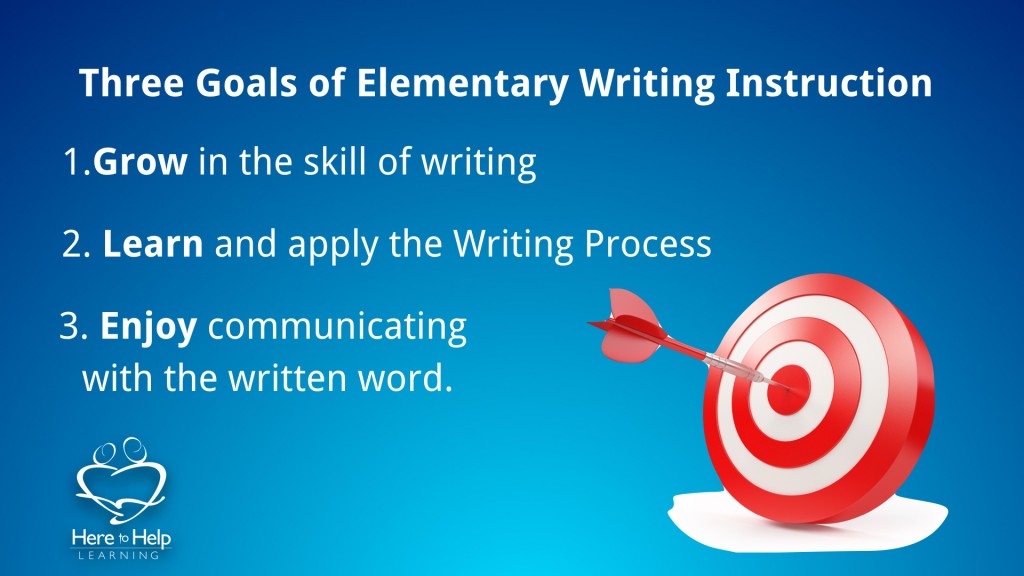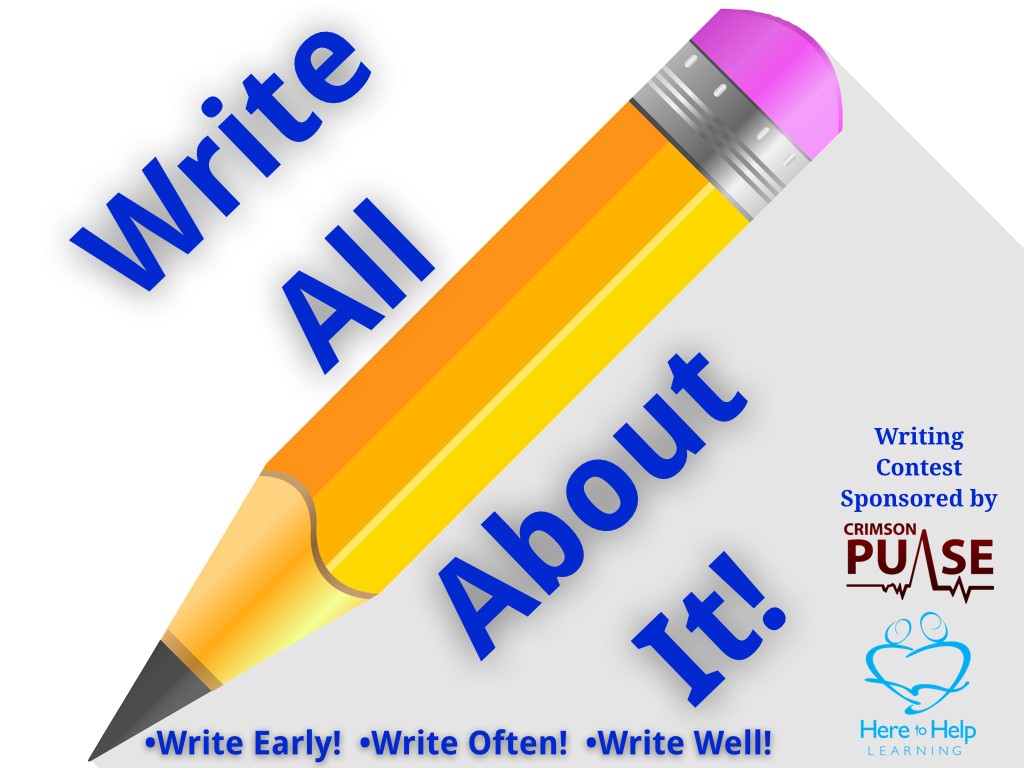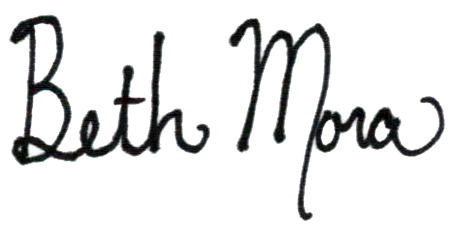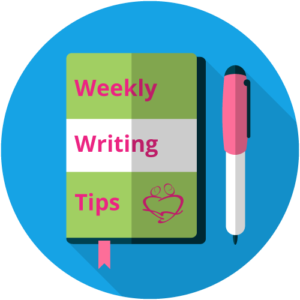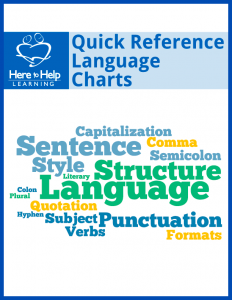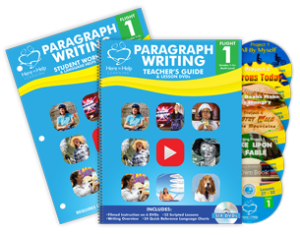I love this true story. I’m not sure who’s the author; I heard it a long time ago before the internet.
It goes like this….
On the first day of a college art class, the art teacher outlined the objectives of the class and her grading scale. The student’s semester assignment was simple, turn in one art masterpiece at the end of the year. The grading scale was also simple. One letter grade for one art project. She stressed the importance of originality and creativity.
Down the hall, another art teacher outlined his objectives and grading scale. The more art projects completed, the better the grade. He also stressed the importance of originality and creativity.
The semester progressed. In the one classroom, the students labored to create one masterpiece. The tension of perfectionism prevailed. In the other classroom, art supplies flew in a frenzy of creativity. The students created one art project after another; experimentation existed without judgment.
The end of the semester arrived. Unbeknown to the students, the two classes had been part of an experiment. The question the art department and the psychology department wanted to know was, would a student produce better art if they focused on details, or were allowed ample opportunities to practice?
A professional art critic was invited to evaluate the projects. The results? The class who had a chance to practice and experiment proved far superior in creativity and originality to the class who only had one shot at it.
It’s the same for anyone practicing a creative skill, including writing. Young writers especially benefit from a learning environment that offers ample time to practice and to experiment with the written word.
Here to Help Learning and Crimson Pulse are dedicated to promoting the skill of writing in young children and holds fast to the three goals of writing instruction for young children!
1. Grow in the skill of writing
2. Learn and apply the writing process
3. Enjoy communicating with the written word
I’m happy to announce that Here to Help Learning is partnering with Focus on the Family children’s author Brock Eastman to bring you Write All About It! Writing Contest for grades K-6 (ages 5-13)!
It’s quite different than most writing contests where a student submits his/her one masterpiece. Students may submit as many entries as permitted by parents. A winner will be randomly chosen every month. Monthly prizes include Brock Eastman‘s action packed adventure series, The Quest for Truth or his silly fun-loving series that explores the world of Hippoplis. Winners will also receive a 30 minute video conference writing session with Brock or Mrs. Mora!
And the grand prize? <drum roll, please> An iPad Mini!
Write All About It! writing contest supports and encourages young writers to write early, write often, and write well.
Write Early! Write Often! Write Well!
Write Early:
If a child can tell a story or relate an experience, it’s time to engage him/her in writing. Young children will ebb and flow through a normal growth and development of learning to write. So whether your child is in the dictation phase or writing full compositions, give your child the opportunity to fall in love with the written language early in his or her education.
Write Often:
Children need ample opportunities to practice the skill of writing. Save lots of time for one of the most important subjects in your child’s education, writing. Don’t allow the subject of writing to be an added elective or placed on a dusty shelf.
Write Well:
Writing success emerges from experiencing multiple journeys with the writing process. Help your child learn the predictable rhythms of the writing process.
Write All About It! begins March 1, 2016 and lasts until December 31, 2016.
It’s going to be a great year for writing! Here are all the details and rules (Click: here)
From Our Home to Yours,
The more writing entries your child submits, the better their chances are of winning! Ready? Set? Write!Write All About It! begins March 1, 2016.

